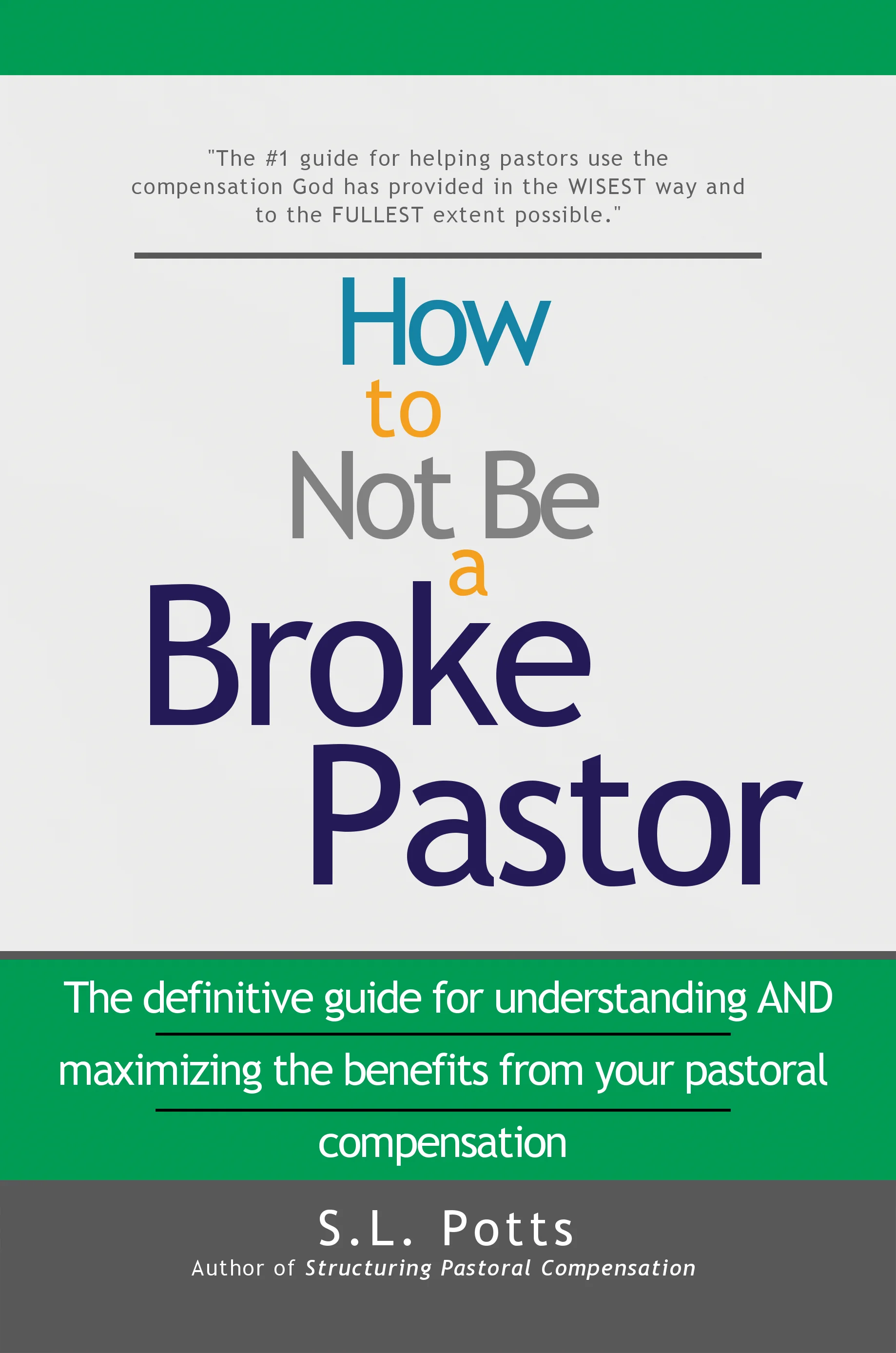An excerpt from How to Not Be a Broke Pastor:
Have you ever heard the saying, “Pay yourself first”? The more reading I do in the realm of personal finance, the more I see it. However, as Christians, I think we need to tweak the saying just a bit.
A Biblical Adjustment
When it comes to the arena of general, personal finance, the slogan “Pay Yourself First” is a helpful guide for thinking about what to do with your money.
As a believer, I would just move it one step over to second place as I believe, wholeheartedly, that the first “payment” we make out of our income should be to the Lord.
I hate to say it, but I’ve known pastors who don’t give. That’s not an exaggeration for the sake of illustration. That’s the honest truth. And while there may be reasons for that, I just think that pastors need to model, to whatever extent they can in their given circumstances, what it looks like to be generous with the income God gives them. They need to learn to “pay” God first.
However, this isn’t a book about giving, and now that I have that out of the way, you should now understand the reason I titled this chapter what I did.
I believe that the Christian version of “Pay Yourself First” is “Pay Yourself Second.” What this means is that, after you give to God, the very next thing you should do with your money is to use it to prepare for your own financial future.
A Three-Fold Approach
In his book, Rich Dad Poor Dad, Robert Kiyosaki does an excellent job of showing how the rich make it their mission in life to use their income to build wealth before ever paying out any expenses.
In other words, when money comes into your bank account, the first thing you should do with it after giving to the Lord is to provide for yourself financially. For the average pastor, this will likely mean three things.
First, it will mean building an adequate emergency savings fund. This money will come out of the salary portion of your income. Every month, before you pay any bills, you should set aside money to cover emergency expenses. A good rule-of-thumb is that you should have between three and six months’ worth of living expenses in your emergency savings. It may take you a while to get there, but if you keep saving, you will arrive at that goal before you know it.
Second, you should open and begin funding either a traditional or Roth IRA out of the salary portion of your income. Again, this doesn’t have to be a super-large amount each month. It just needs to be something.
By the way, this is regardless of whether or not your church provides you with a retirement plan. No matter what, you need to be saving for a time when you will no longer be able to work, and IRAs are probably one of the best ways to do this for most pastors.
Third, out of your housing allowance, you should make an extra principal payment on your mortgage. You say, “But I need to use my housing allowance for repairs on my home.” Ok. I get that because I had to do the same. Sometimes, the most I could pay ahead on our mortgage in a given month was $25, but I tried to pay something . . . and you should too.
A Longer-Term Focus
Once you have built an adequate emergency savings, you should continue to pay yourself second by diverting whatever money you were putting into savings towards your retirement.
Along the way, as your income increases, you should make it a requirement that a certain portion of each pay increase is automatically set apart towards these goals.
For far too many people - pastors included – an increase in salary automatically means an increase in expenses (i.e. they begin spending whatever extra they get). My plea to you is that you not be like everyone else in this area.
If you receive an extra $1,000/year in salary, give to the Lord out of your increase as you are able, and then commit some amount towards these goals. If you do this each time you receive additional income, you’ll never even feel it in your monthly budget, but you will begin to see the benefits of this approach in your long-term planning.
Pay yourself second!
Stacy Potts is a pastor, author and consultant specializing in pastoral compensation and personal finance issues. He is the author of multiple personal finance books for pastors including How to Not Be a Broke Pastor and The Pastor's Guide to Wise Investing. He lives in Virginia Beach, VA, with his wife, Jamie, and their two children, Nathaniel and Hannah. Visit his website at www.brokepastor.com.


